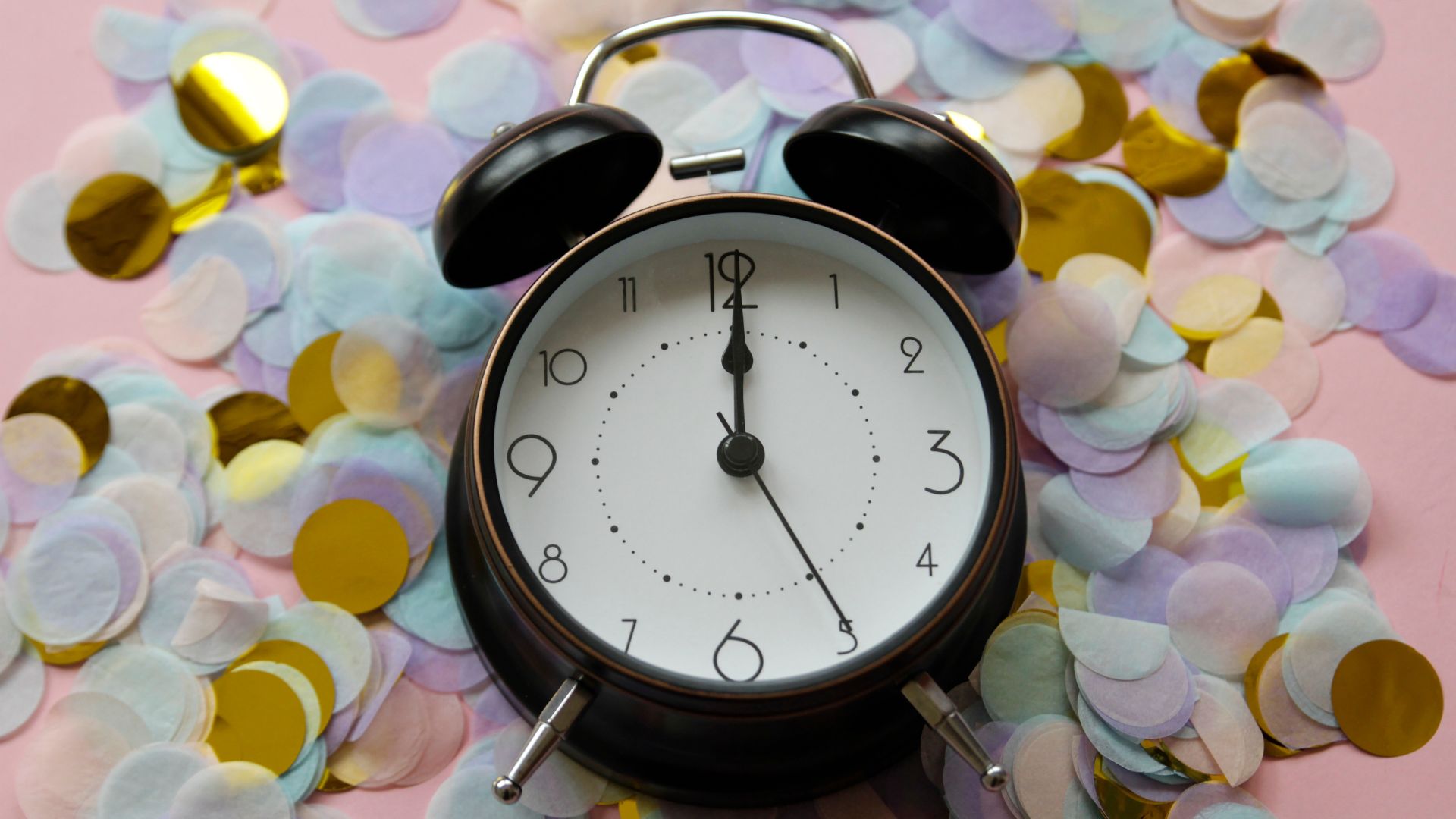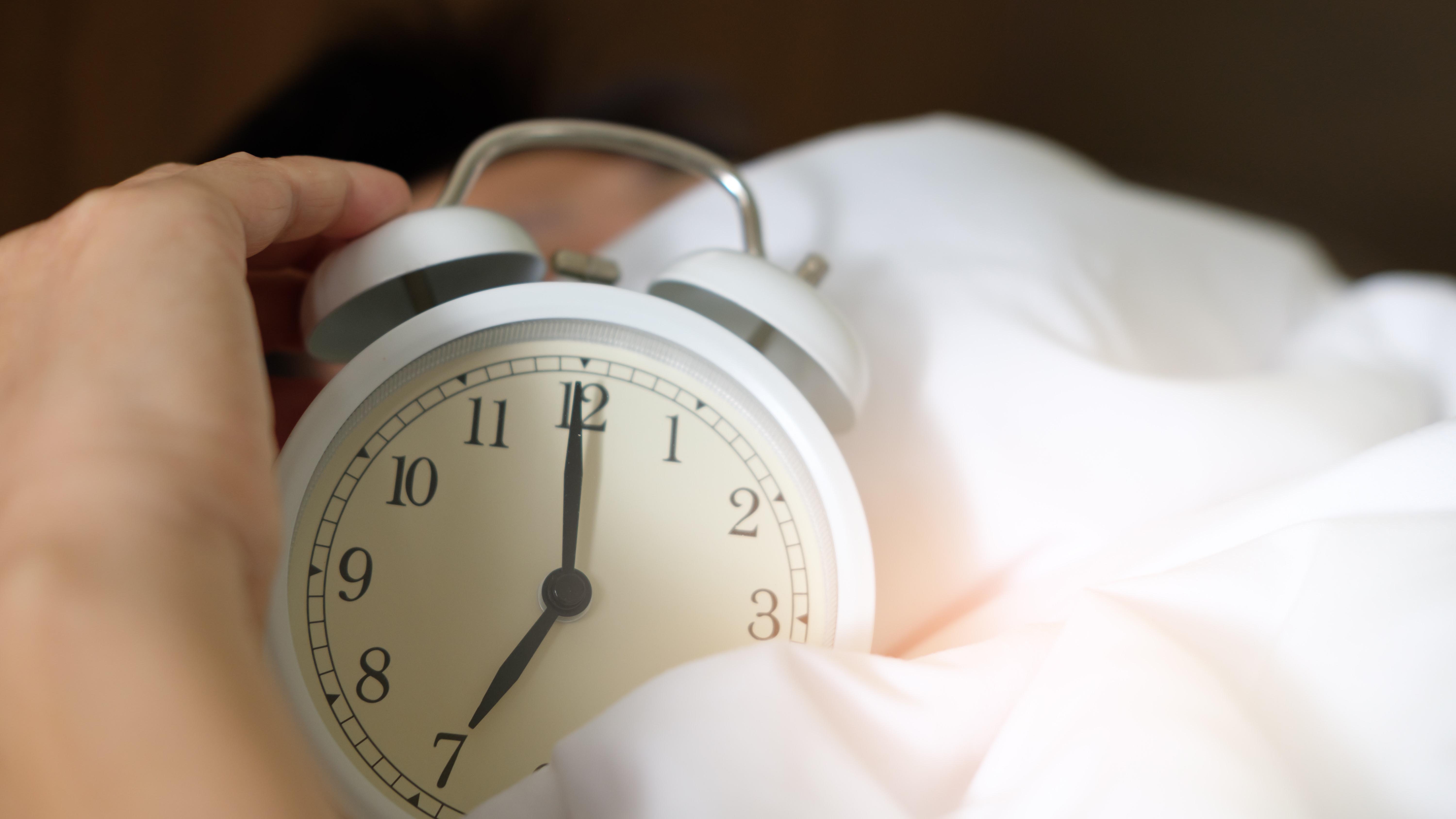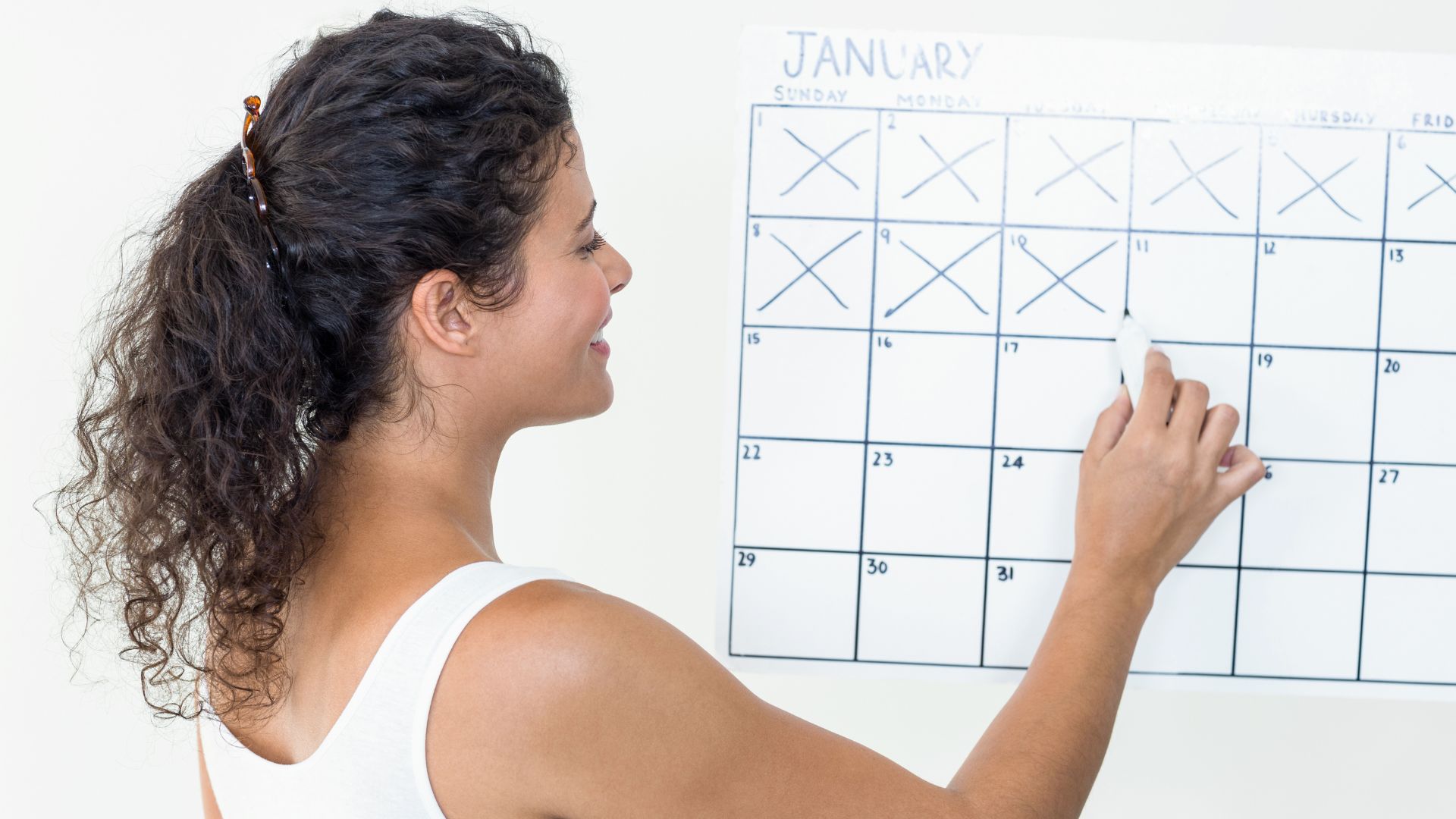
I've always struggled to get enough sleep. Don't get me wrong, I have no problems falling asleep, it's just that I can never seem to go to bed on time. Last January, since I'd recently started working as a sleep writer, I decided to follow my own advice and make a New Year's resolution to get more sleep. However, it didn't exactly go to plan.
All the sleep aids in the world, from magnesium tablets to this year's best mattress, can't help you get a better night's sleep if you don't go to bed at a reasonable hour. I thought that making a New Year's resolution would finally give me the kick I needed to get enough shuteye – I barely lasted a week.
But I think I know why, and this year, I plan on using that knowledge to fix my sleep. From creating a schedule to staying consistent, here are three reasons why I failed to commit to my New Year's resolution and what I should have done instead.
3 reasons why my New Year's resolution to get more sleep failed
1. I set unrealistic goals
I've always had an erratic sleep schedule, which means it's not unusual for me to go to bed past 3am and have to function on 4 to 5 hours of sleep. So, my first step to honoring my New Year's resolution to get more sleep was to set a target bedtime.
I chose to got to sleep between 10pm and 11pm, because a 2021 study said it was the perfect bedtime for better heart health. However going to sleep during this bedtime golden hour was a huge adjustment, especially as I rarely settled down before midnight. While research indicates that 10pm to 11pm window was a healthy time to hit the hay, it went completely against my sleep chronotype and set a standard that my body clock just wasn't ready for.

On top of this, I was setting my alarm clock way too early, as I thought that going to bed earlier meant I could wake up earlier. Instead, I was waking up naturally at 4am, staying in bed, and feeling overtired when my alarm clock blared at 6am. Or, I would struggle to fall asleep and only have a few hours rest before my newer, earlier alarm went off. Add dark January mornings on top, and I wasn't waking up feeling at all refreshed.
2. I was too strict
When I set my 10pm-11pm bedtime goal, I thought I had to sick to it no matter what — including if I had a busy day or evening plans. If I missed the 11pm deadline by just a few minutes, I would feel like a failure.
Making a rigid goal to be in bed by a certain time, rather than just trying to get more sleep, blocked my view of the bigger picture: I didn't need to be in bed by one specific time, I just needed to stop going to bed at ridiculous hours.
3. I got discouraged
After about a week and a half, I felt that I just couldn't hack the bed-by-11 routine. Instead of seeing each missed bedtime as a minor setback, I saw it as the end of the road that ruined my streak. I quickly lapsed into my erratic sleep schedule.
I failed to realize that it takes time to form a habit, and I wasn't going to wake up on January 1st with the sudden propensity to be an early sleeper and riser. I accepted defeat instead, and went through the rest of the year with my sleep all over the place.
What I should have done instead
In 2025 I plan on taking another crack at my sleep schedule, to see if I can finally start going to be earlier. Yes, I'm making the same resolution, but I'm following these tips so I can do it better this time...
1. Adjust my sleep schedule gradually
By picking a bedtime so far removed from my own and forcing myself to stick to it, I was setting myself up for failure. I had no time to adjust. Instead, I should have eased myself into a new sleep routine.

When Tom's Guide spoke to Trouble Sleeping's Dr Lindsay Browning about how to fix your sleep schedule, she recommended shifting your sleep by 20 minutes a day to adjust easily and avoid negative side effects. “Think of fixing your sleep schedule a bit like being jet-lagged,” Dr Browning explains. “Because basically you are in a different time zone to the one you want to be in.”
For example, if you currently go to bed at 12am, adjust your bedtime to 11.40pm on the first night. On the second night, go to bed at 11.20pm. By the end of the week, you should be in bed two hours earlier than you were at the beginning.
2. Allow myself more freedom
Just because I'd told myself to be in bed by a certain time, it didn't mean I'd failed if I went to bed a little bit later. As long as it's not hours after your intended bedtime, don't be too hard on yourself if you're not in bed by your set goal.
Also, allow yourself some freedom by taking into account any days or nights where you'll have a different schedule than usual. For example, traveling, work commitments, or social events.
3. Sticking to my goals even when I slip up
You've probably heard of the old adage, "It takes 60 days to form a habit". Well, it's not far from the truth — in fact, it might be even longer. According to a 2009 study, it takes 18 to 254 days for a person to form a new habit and 66 days for a new behavior to become automatic.

By giving up after a few weeks and lapsing into my old routine, I'd clearly placed too high expectations on myself. It was unrealistic to think I could quit my nighthawk habits straight away. Instead, I should have stuck to my resolution night after night, even if I occasionally slipped up and went to bed way past my intended bedtime.
After all, like another adage says; "Giving up on your goal after one setback is like slashing your other three tires because one is flat."







